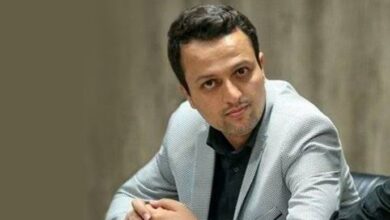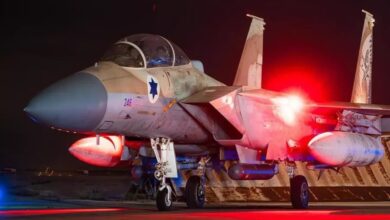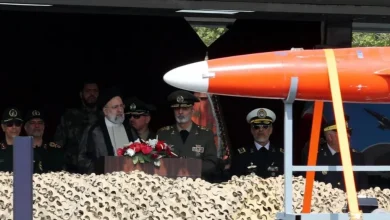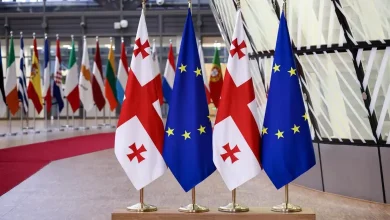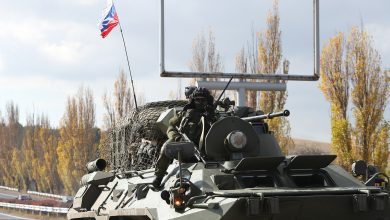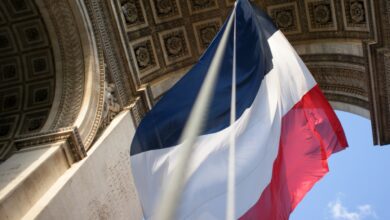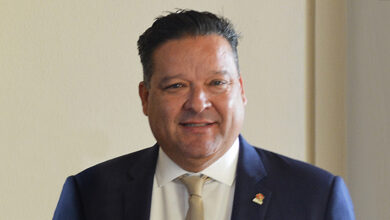Azerbaijan election lacked genuine competition in an environment of curtailed rights and freedoms – observers
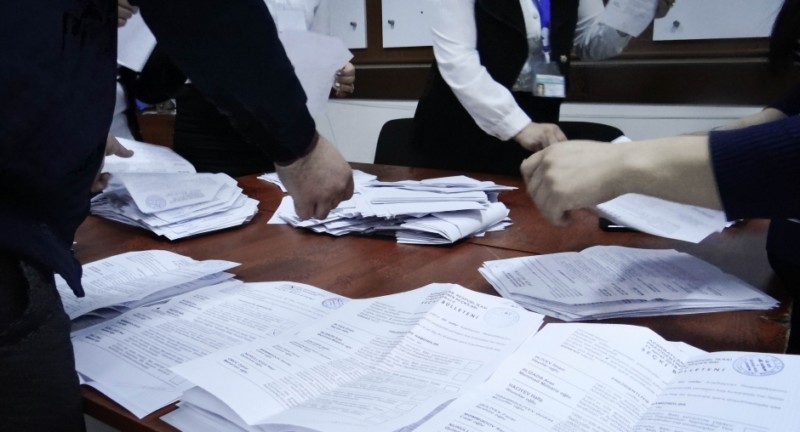
The early presidential election in Azerbaijan took place within a restrictive political environment and under laws that curtail fundamental rights and freedoms, which are prerequisites for genuine democratic elections. Against this backdrop and in the absence of pluralism, including in the media, the election lacked genuine competition. Other candidates refrained from directly challenging or criticizing the incumbent, and distinction was not made between his campaign and his official activities, the international observers concluded in a preliminary statement today.
On election day the observers reported widespread disregard for mandatory procedures, a lack of transparency, and numerous serious irregularities, including ballot box stuffing. More than half of the vote counts were assessed negatively, largely due to deliberate falsifications and an obvious disregard for procedures.
The election took place in conditions dominated by the ruling New Azerbaijan Party (YAP), which nominated the incumbent president as one of the eight candidates who took part. Some opposition parties boycotted the election, citing a non-competitive environment, while others not participating said the early election date left them with insufficient time to do so meaningfully.
Overall, the campaign generated limited public engagement. The ruling party campaign in favour of the incumbent was well-organized and well-resourced, while the candidate did not campaign himself but made visits across the country and received many high-profile foreign dignitaries in his official capacity. The campaigns of the other seven candidates were limited and appeared hampered by a lack of regional structures and resources.
Highly restrictive laws related to the media challenge the freedoms of expression and the press, and extend also to website and social media content. Defamation is a criminal offense, punishable by imprisonment and with additional penalties for defamation of the president, further limiting the freedom of expression key to political campaigning, the observers said. The largest part of the political coverage in media outlets monitored was of the incumbent in his official capacity, while all other candidates combined received only a fraction of the time. As required by law, the public broadcaster allocated free airtime to candidates, although only through roundtable discussions on television and radio.
“A few weeks of campaigning during which candidates could present their views on television cannot make up for years during which restrictions on freedom of expression have stifled political debate,” said Margareta Kiener Nellen, Head of the delegation from the OSCE Parliamentary Assembly.
“The OSCE Parliamentary Assembly will certainly continue to support all steps by the authorities that will bring the country forward on a path towards creating the open political environment necessary for truly free and fair elections.”
“Fundamental rights and freedoms, which are pre-requisites for genuine democratic elections, are severely restricted in practice,” said Corien Jonker, Head of the Election Observation Mission from the OSCE Office for Democratic Institutions and Human Rights. “The authorities should deliver on Azerbaijan’s commitment as an OSCE participating State to respect, protect and support the democratic rights of its citizens.”


